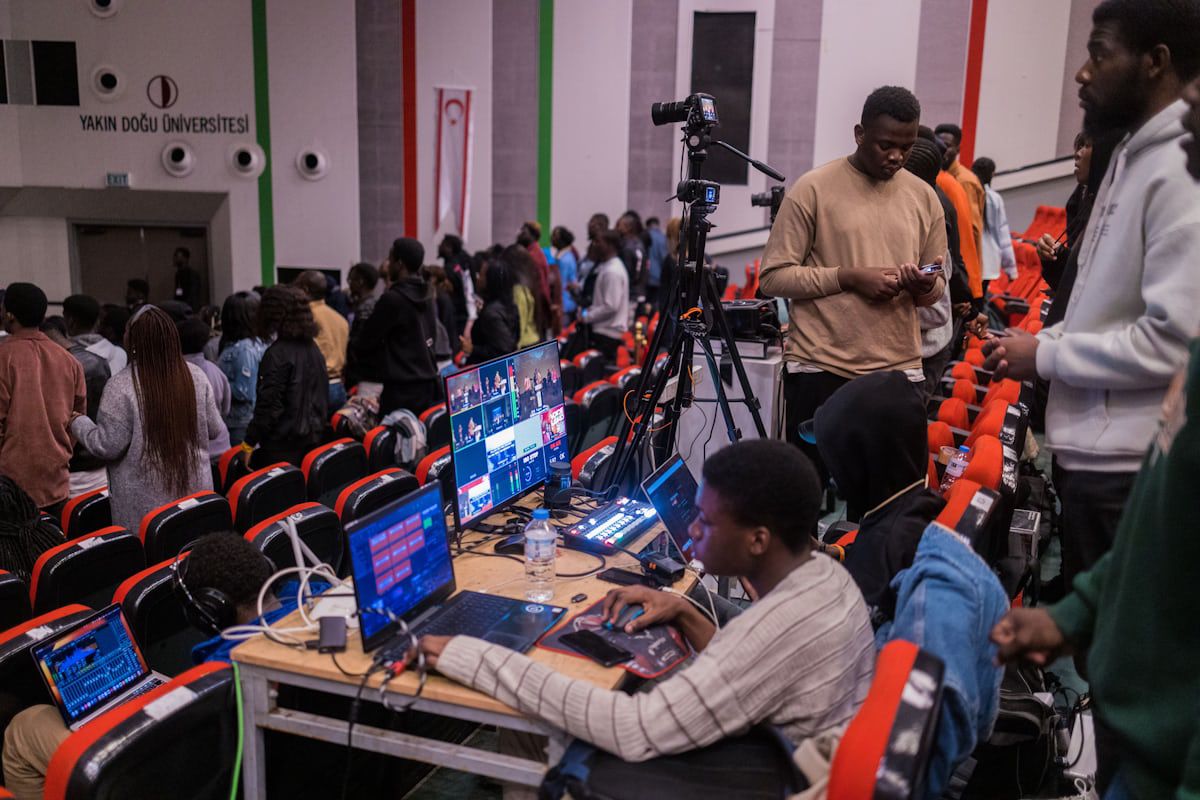Close your eyes and travel back to 1990s Nigeria. The airwaves weren’t buzzing with TikTok trends or Instagram reels—they were dominated by the sweet, chaotic symphony of NITEL landlines. Dialing a number felt like a spiritual journey: “Father, let this line connect before NEPA takes the light!”
Ah, NITEL—the Nigerian Telecommunications Limited—was more than a company; it was a vibe. A frustrating, hilarious, yet foundational vibe that laid the groundwork for today’s 200 million mobile lines. Let’s rewind to an era when “going viral” meant your phone line caught actual dust.
The Glory Days: When NITEL Was the “Big Daddy” of Connectivity
Founded in 1985, NITEL was born as a merger of the Nigerian External Telecommunications (NET) and the Posts and Telegraphs Department. Back then, it wasn’t just a monopoly—it was THE monopoly. Need a landline? Pray to NITEL. Want to call your auntie in the village? Prepare for a 3-hour “please hold” session.
But let’s give credit where it’s due: NITEL connected Nigeria. By the 90s, it operated over 700,000 landlines (a big deal then!), managed undersea cables, and even launched NitelMobile (Nigeria’s first mobile service in 2003… right when GSM was about to eat its lunch).
The NITEL Experience: “Wait, Let Me Fix the Dial Tone”
If you never fought with a NITEL landline, did you even grow up in Nigeria? Imagine stuffs like:
- The “NITEL Shuffle”: Jiggling the receiver to conjure a dial tone.
- Naira Rain: Paying ₦25,000 ($20 in the 90s!) to install a landline.
- Operator Drama: “Hello, operator! Connect me to Lagos—” click. “Ah, NEPA has struck again!”
And who could forget the iconic NITEL phone booths? They were either broken, occupied by agberos, or mysteriously missing the handset. Yet, they symbolized hope—“One day, Nigeria will have steady light and steady lines!”
The Downfall: How Corruption, GSM, and “Wait-For-Power” Killed the Giant
By the late 90s, cracks emerged. NITEL’s infrastructure crumbled faster than akara in hot oil. The reasons? A spicy cocktail of:
- Corruption: Funds meant for upgrades vanished faster than suya at a bachelor’s party.
- GSM Revolution: In 2001, MTN and Econet (now Airtel) stormed in with mobile networks. Suddenly, Nigerians realized phones didn’t need cables—or sanity.
- NEPA’s Pranks: No light = no dial tone. NITEL’s fate was sealed by the national hobby: “Up Nepa, Down Nepa.”
By 2006, NITEL was a ghost town. The government tried selling it—five times!—but even investors ran faster than Danfo drivers on Third Mainland Bridge.
NITEL’s Legacy: The Unlikely Hero of Nigeria’s Tech Boom
Here’s the plot twist: NITEL’s failure birthed Nigeria’s telecom success. Its collapse created a vacuum that GSM providers filled, sparking Africa’s fastest-growing mobile market. Today, Nigeria has over 220 million mobile users and a $70 billion digital economy.
Even NitelMobile’s struggles taught us what not to do. As tech entrepreneur Jason Njoku once joked: “NITEL was the tutorial level we had to fail to unlock MTN.”
And let’s not forget the human capital: Thousands of NITEL engineers later joined Glo, MTN, and Airtel, becoming the backbone of today’s networks.
NITEL, We Salute You (But We Don’t Miss You)
NITEL’s story is a classic Nigerian tragedy—big dreams, bigger wahala. Yet, without its chaos, we might never have appreciated the sweet joy of sending a WhatsApp message without fearing “Please Charge Your Phone.”
So, next time your data bundle expires mid-call, smile and whisper: “At least it’s not 1998.”
Engage With Us!
Share your NITEL horror stories in the comments! Did you ever bribe an operator to prioritize your call? Or spend hours yelling “HELLO?!” into a dead landline? Let’s laugh (and cry) together! 📞💔
(P.S. Share to that friend who still has a NITEL phone card as a “vintage collectible.”)
Discover more from TechSocial.Ng
Subscribe to get the latest posts sent to your email.















